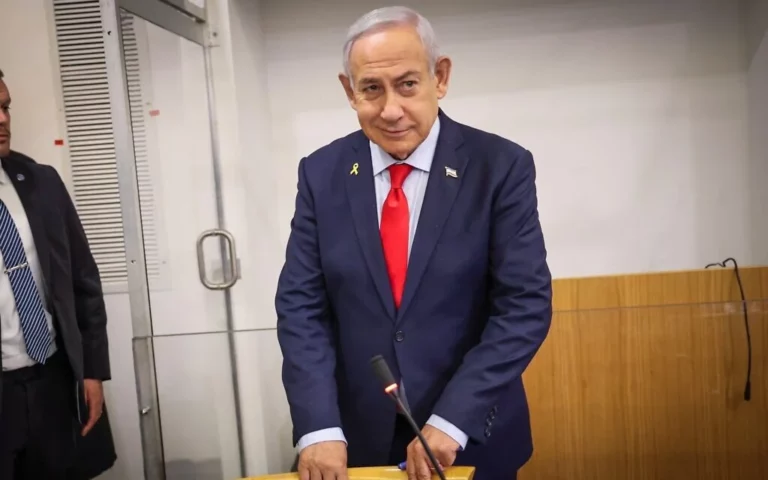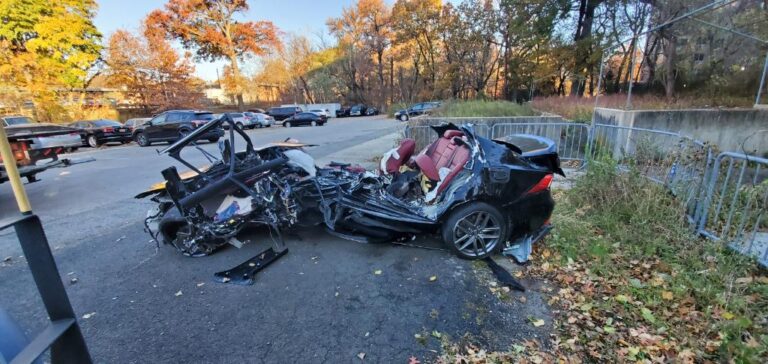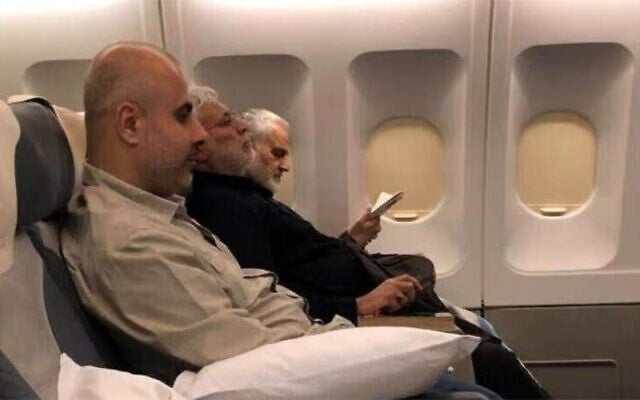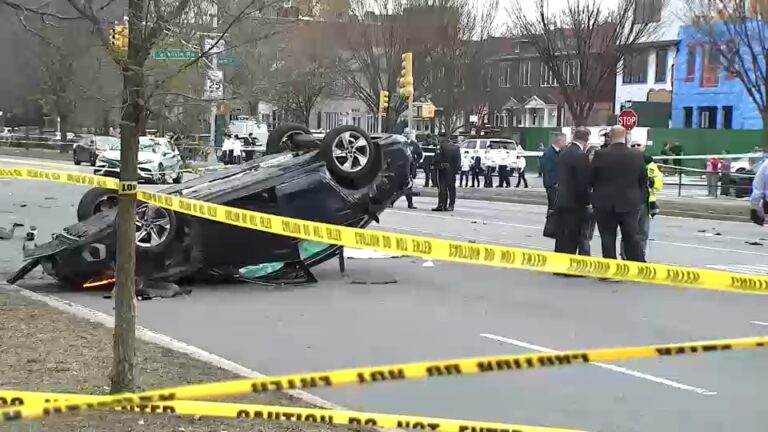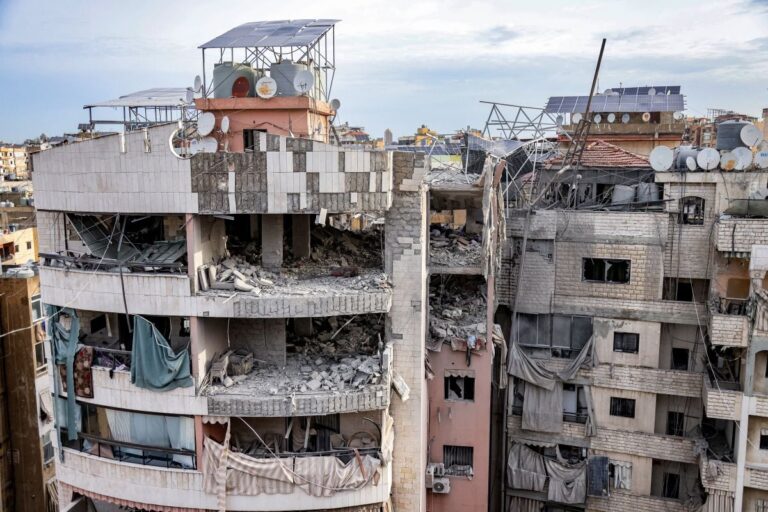 Prime Minister David Cameron called for a debate and vote in Parliament on Wednesday on whether Britain should launch airstrikes against militants in Syria, arguing that the nation must stand with its allies in confronting extremism.
Prime Minister David Cameron called for a debate and vote in Parliament on Wednesday on whether Britain should launch airstrikes against militants in Syria, arguing that the nation must stand with its allies in confronting extremism.
Cameron’s statement Monday comes only hours after opposition leader Jeremy Corbyn decided that Labour Party lawmakers would be allowed to vote their conscience on the matter — rather than to keep party discipline and have a unified stance.
The move by the Labour leader gave Cameron confidence he had the votes to clinch an expansion of the mandate of British forces to hit Islamic State group militants — also known as ISIL — not just in Iraq, but Syria as well.
“I can announce that I will be recommending to Cabinet tomorrow that we hold a debate and a vote in the House of Commons to extend the airstrikes that we have carried out against ISIL in Iraq to Syria, that we answer the call from our allies and work with them because ISIL is a threat to our country and this is the right thing to do,” he said.
Cameron has repeatedly said he wouldn’t take the matter to Parliament unless he could be certain of victory, worried that Britain’s prestige would be at risk. If the measure is approved in Parliament, British military operations are expected to start shortly afterward.
Britain’s Royal Air Force is already part of a U.S.-led campaign against the militants in Iraq, and the question before lawmakers would be whether the mandate for the strikes should be expanded to Syria. Cameron has said, “we have to hit these terrorists in their heartlands,” and argued that it made no sense to stop at borders that were ignored by the militants.
The government has been trying to build support among lawmakers for military action before calling the vote in Parliament.
“It is in the national interest, it is the right thing to do, we will be acting with our allies, we will be careful and responsible as we do so, but in my view it’s the right thing to do this to keep our country safe,” he said after returning to his Downing Street office after attending the opening of climate talks in Paris.
The U.N. Security Council called last week for nations to unite against the extremists after the attacks in Paris and the downing of a Russian civilian airliner over Egypt’s Sinai Desert. The Islamic State group has claimed responsibility for those and other recent attacks.
The recently elected Corbyn, who is extremely skeptical about military interventions, faced a possible rebellion and mass resignations from legislators who back military action if he had used his position as party leader to force members to vote against the airstrikes.
(AP)



